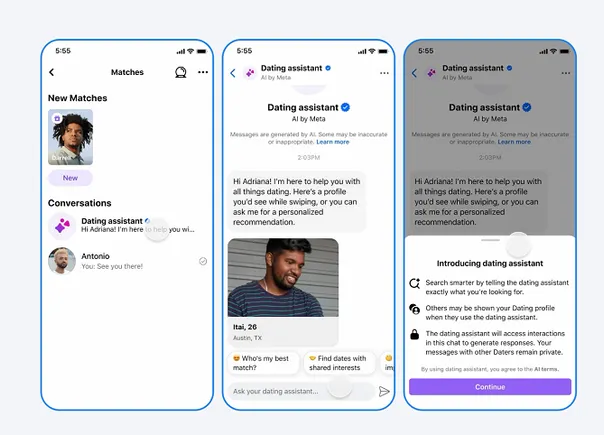I’m a neuroscientist and mom—5 phrases I never say to raise smart and emotionally intelligent kids
The key to raising smart and mentally strong kids all comes down to communication, says neuroscientist Dr. Caroline Leaf. The mother of four shares the phrases she never says to her kids.

1. "You are being very bad."
When a child loses their sense of self, it can result in emotions of rage, anxiety, self-pity or hopelessness. But they're not being bad or naughty or difficult — they are going through an identity crisis.
If left unmanaged, an identity crisis can create a sense of shame that can easily creep into all aspects of a child's life, potentially leading to mental health issues.
When my kids are struggling, I don't take an accusatory tone. I try to describe what I see in the moment: their emotions, behaviors and physical reactions as responses to what they are experiencing.
What I say instead: "I see you're feeling frustrated and are doing things you don't normally do. Can I help you work out what is going on?"
2. "You're overreacting!"
Even if you don't agree with what your child is saying, it's damaging to dismiss their feelings. If I need time to process what they are saying, I take a few moments to breathe deeply and get my feelings under control.
I maintain eye contact and watch my body language, as children are often better than adults at reading nonverbal cues and tend to shut down if they don't feel it's safe to talk.
What I say instead: "I need a moment to cool down. Let's take a quick break and try again later."
3. "That's not so bad. You will get over it."
When you tell a child they'll "get over it," you invalidate their experience and can make them feel bad about having normal human emotions. They may think there's something wrong with them for having these feelings.
As parents, we are not experts in anyone else's experience, including our children. If my child is trying to communicate how they feel about something, I respond with curiosity and concern.
Remember that moments like these can be great teaching tools, and a chance to demonstrate empathy.
What I say instead: "I hear you. That sounds hard! What can I do to help?"
4. "Stop crying!"
Crying is a neurobiological mechanism that helps us deal with pent up energy that accumulates in the mind, brain and body. It's an incredibly important tool to prevent the suppression of emotions and help us maintain our mental well-being.
I recommend offering a distraction, like going for a walk. Doing an unrelated activity can make it easier for a child to open up about what they are going through. Providing comfort can help you get to bottom of the issue instead of letting it build up over time.
What I say instead: "Would you like me to hold you and comfort you?" or "Would you like to go for a walk or a drive?"
5. "Because I said so."

Take your business to the next level: Register for CNBC's free Small Business Playbook virtual event on August 2 at 1 p.m. ET to learn from premier experts and entrepreneurs how you can beat inflation, hire top talent and get access to capital.

 Fransebas
Fransebas 
































